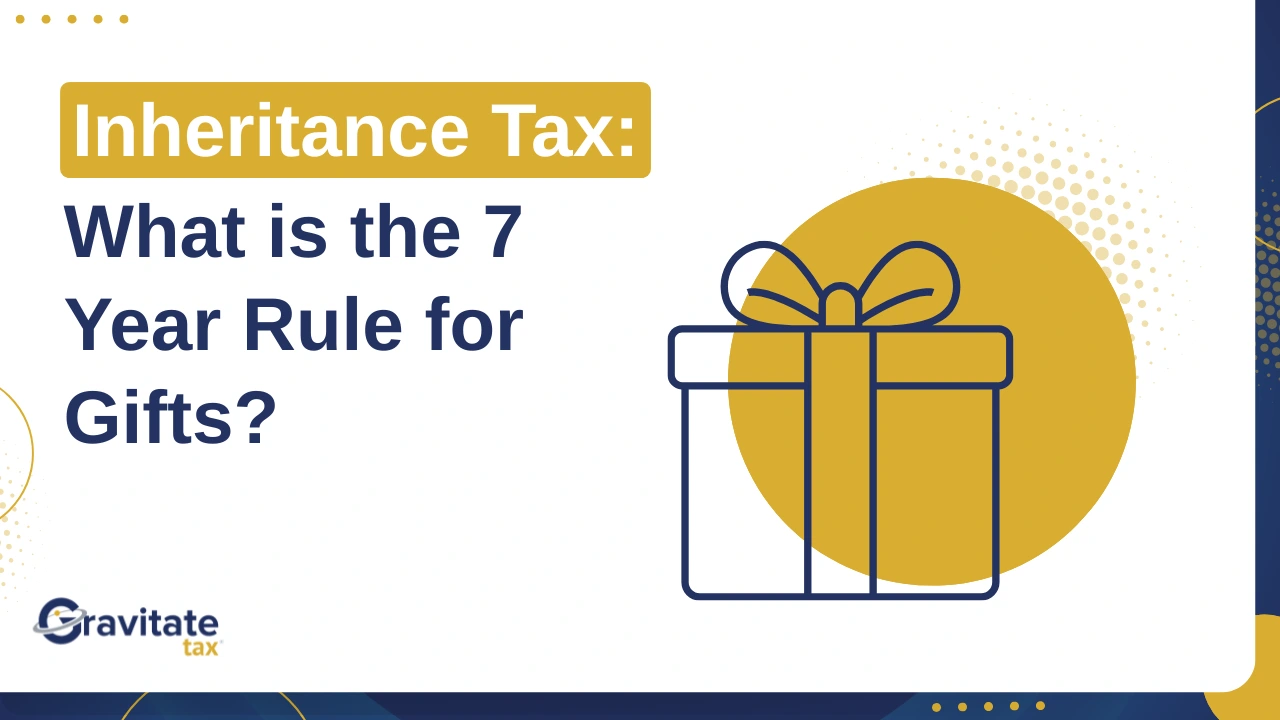Attracting and retaining the best talent in your industry demands an excellent overall offering. This obviously includes competitive salaries, but also a positive work environment and culture, and opportunities for career growth.
So, let’s talk pay. A competitive compensation package means more than just a salary, and the most attractive employers will often give additional benefits to make employees lives easier and their time at work happier.
Benefits in Kind (or BIKs) are one of the most popular ways to boost compensation, improve staff morale, and enhance your company’s reputation as an employer.
Here is a quick breakdown of how they work.
What are Benefits in Kind?
Benefits in Kind are non-cash benefits for employees that supplement their regular salary. They are sometimes known as “perks” that have a specific monetary value. This, of course, means they are often subject to taxation (more on that later).
Some of the most popular Benefits in Kind include:
- Company cars
- Private health insurance
- Gym memberships
- Cycle-to-work schemes
- Company assets for personal use
- Interest free/low interest loans
While these are perks, not direct payments to staff, they often have tax implications.
How they benefit your employees
BIKs are designed to provide an enhanced compensation package, going beyond basic salary and making a difference in their lives in other ways.
- They can provide access to resources and assets that they may not be able to afford themselves (such as company cars and private health insurance).
- They can improve their overall wellbeing and happiness at work and improve their work life balance.
How does offering Benefits in Kind benefit your business?
Benefits in Kind can provide several important benefits for growing businesses, particularly ones in competitive industries.
- Competitive BIKs may be the difference maker when attracting skilled employees in crowded job-markets.
- In some cases, certain BIKs can be more tax-efficient for employers than simple offering a higher basic salary.
- Companies offering competitive BIKs are perceived as modern, progressive and people-first, which is good for both talent and client attraction.
- BIKs can be used to promote healthy lifestyles and improved general wellbeing, which can boost productivity and reduce absenteeism.
Tax implications of Benefits in Kind
The majority of Benefits in Kind are taxable. This means both the employer and employee may have tax obligations because of the benefit.
Here are some of the principal tax responsibilities associated with BIKs:
- Employers must report all Benefits in Kind to HMRC
- The employee may have to pay additional Income Tax
- Employers generally need to pay class 1A National Insurance contributions on Benefits in Kind.
If you are concerned about the financial impact of Employer National Insurance contributions as we head into the 2025/26 tax year, Salary Sacrifice could be a valuable solution.
Tax-free Benefits in Kind
As mentioned above, most but not all Benefits in Kind are taxable. There are some exemptions, which are listed below:
- Work-related training
- Mobile phones and gadgets for business use
- Meals provided by a staff canteen
- Trivial benefits costing less than £50
Payrolling Benefits in Kind – April 2026
From April 2026, payrolling Benefits in Kind will become mandatory. This is a big change from the current P11D system.
The current P11D system sees tax on benefits collected through adjustments of the employee’s tax code. This system is known for delays and frustrating discrepancies.
What does this mean?
The mandatory payrolling of BIKs means that the taxable value of Benefits in Kind will be added to the regular payroll for each employee.
Tax will be deducted immediately through PAYE, the same way salary and wages are taxed currently.
The goal of this is to try and simplify the tax system, increase transparency and reduce the administrative burden for both your company and its staff.
Is your payroll system ready?
The switch to payrolling of Benefits in Kind could cause some major headaches for companies whose payroll systems aren’t up to scratch.
Before April 2026, all employers who give BIKs to their staff should…
- Ensure their payroll system has the functionality to handle Benefits in Kind.
- Familiarise themselves with HMRC guidance and rules, including how different benefits are taxed.
- Update/upgrade systems (if necessary) and ensure software is compatible with HMRC’s requirements.
- Make sure data entry and integrations are set up properly.
- Ensure the system has sufficient security measures to deal with sensitive employee data.
- Think long-term – is the system scalable for when your business grows?
If your business provides Benefits in Kind, or plans to in the future, we recommend speaking to a Payroll and Tax specialist to make sure you don’t run into any issues next April.

.png)


.png)

.png)
.png)

.png)
.png)
.png)













.png)
.png)
.png)

.png)
.png)

.png)

.jpg)

.webp)
.webp)












.jpg)

.webp)
.png)

.svg)
